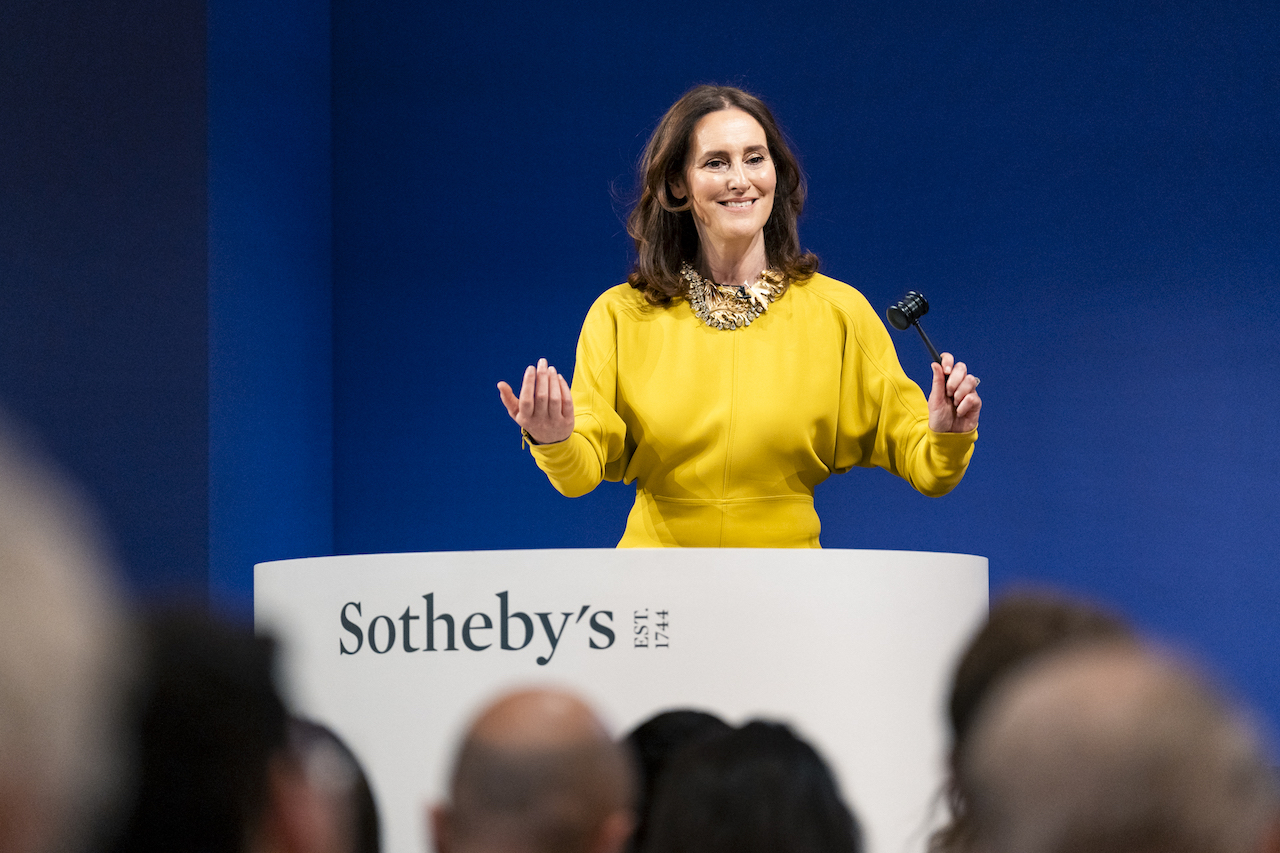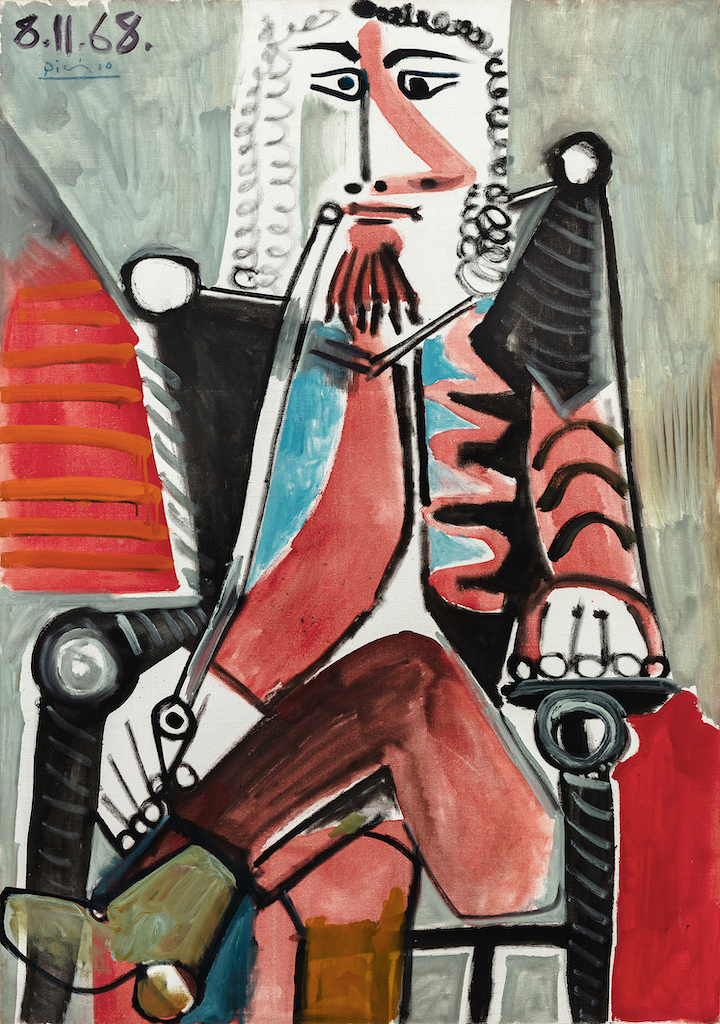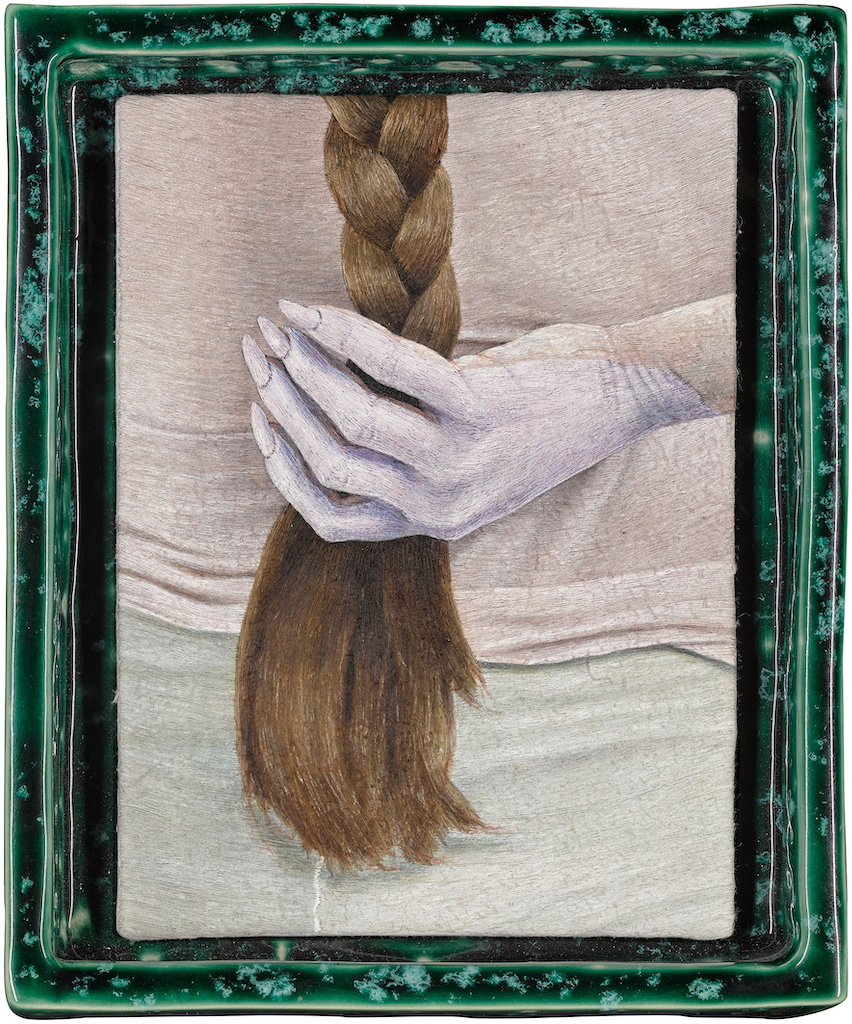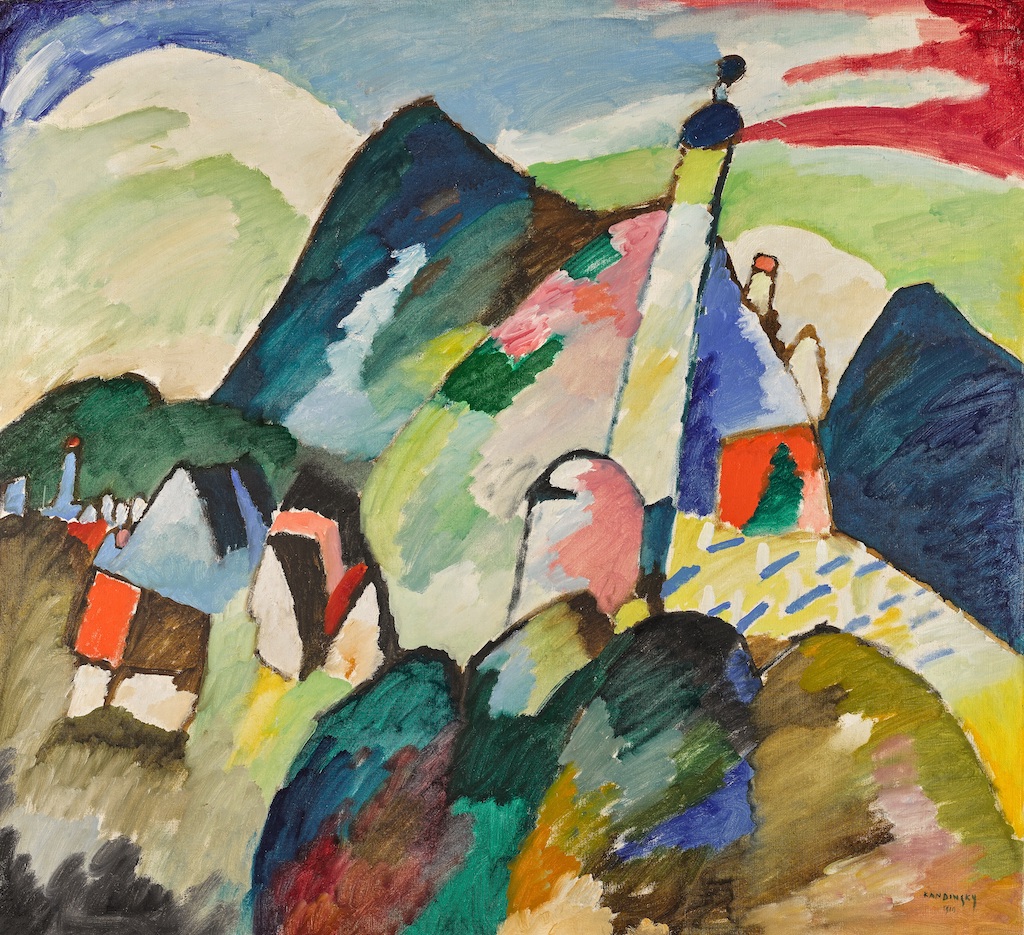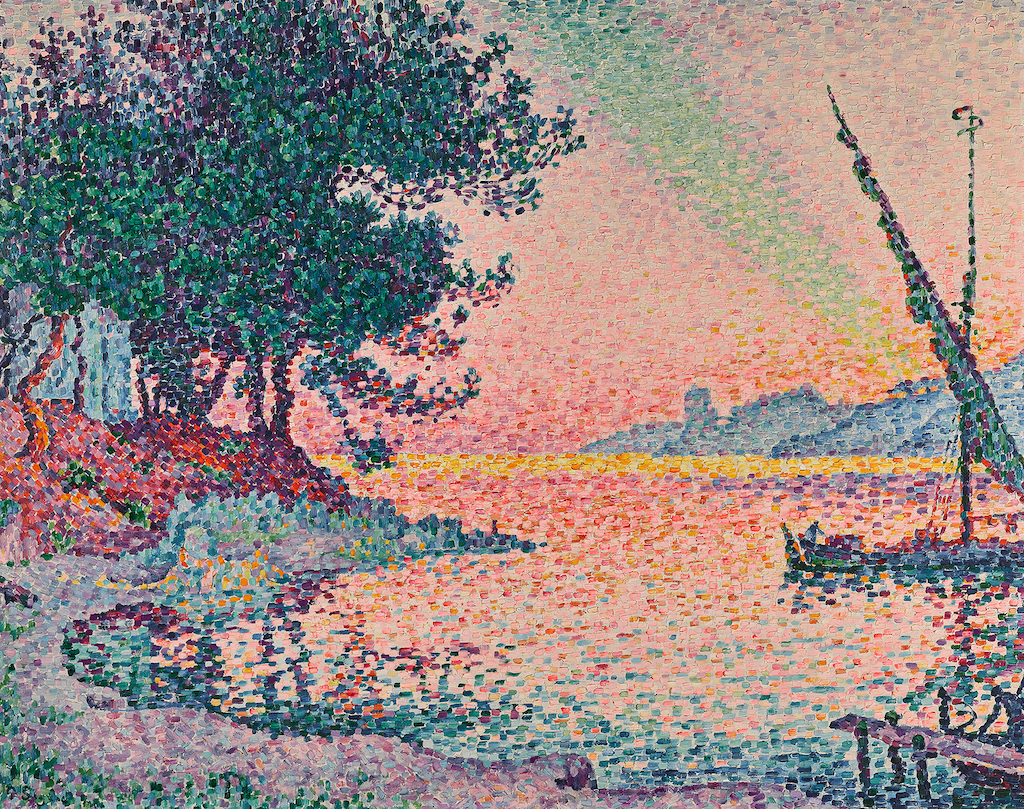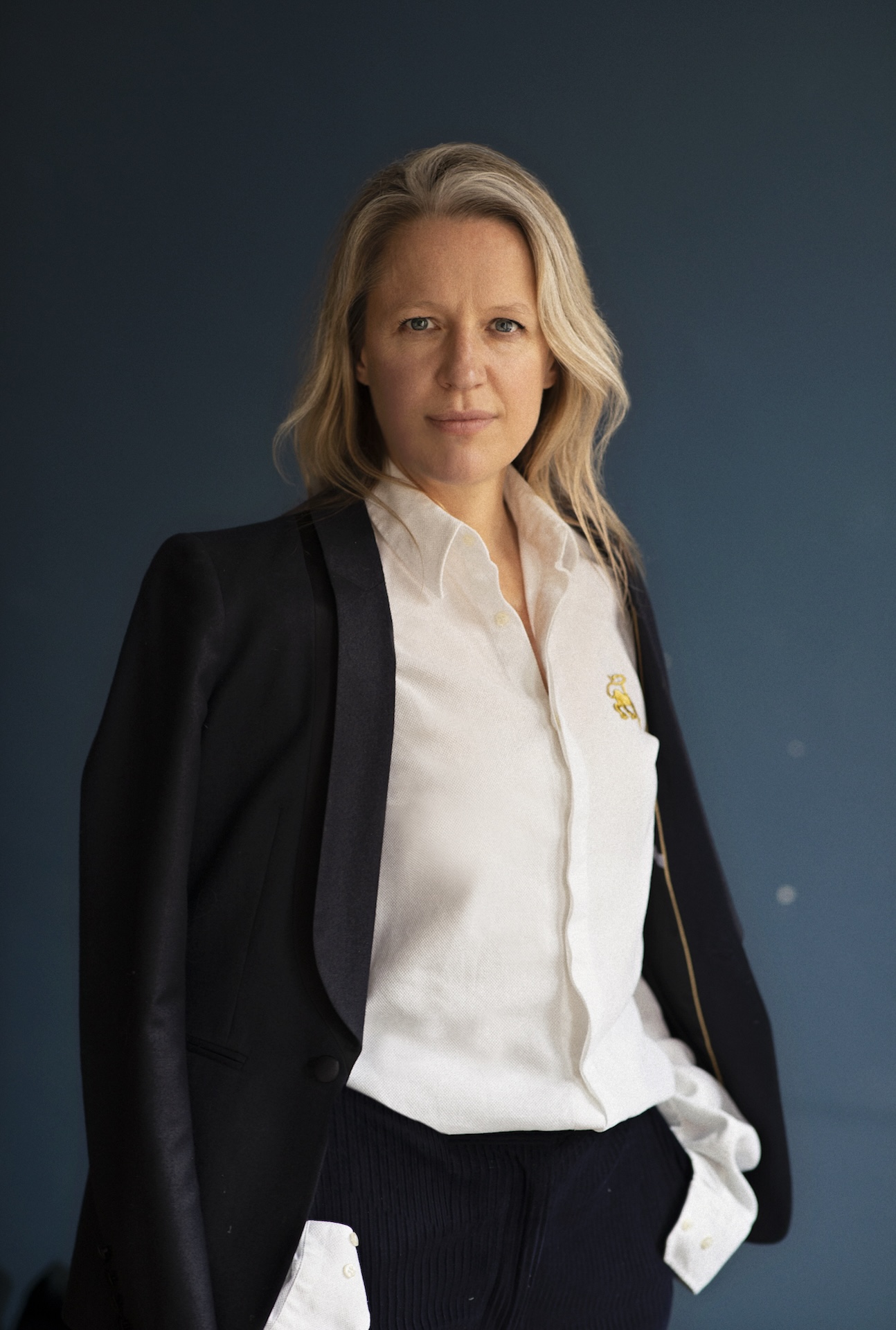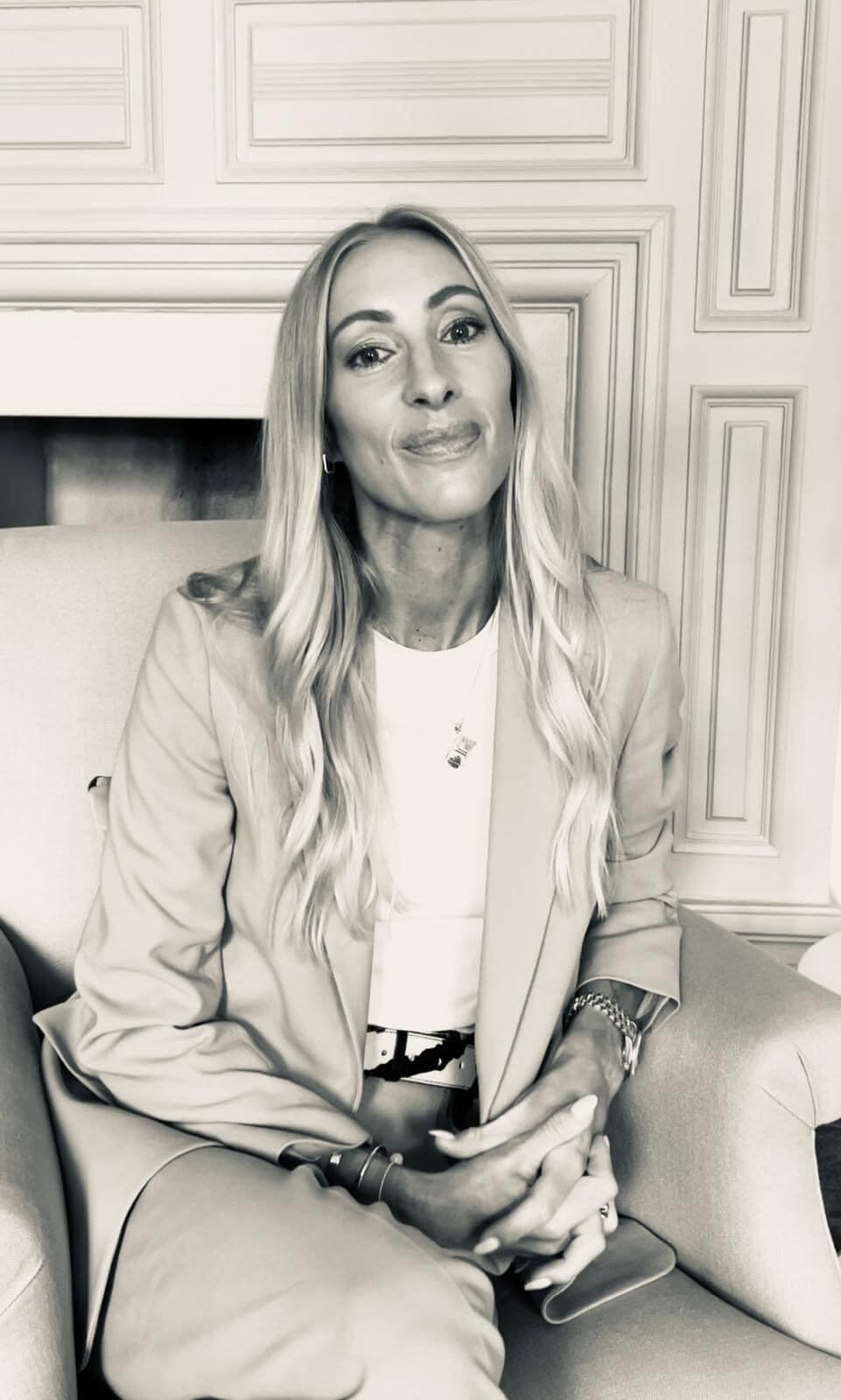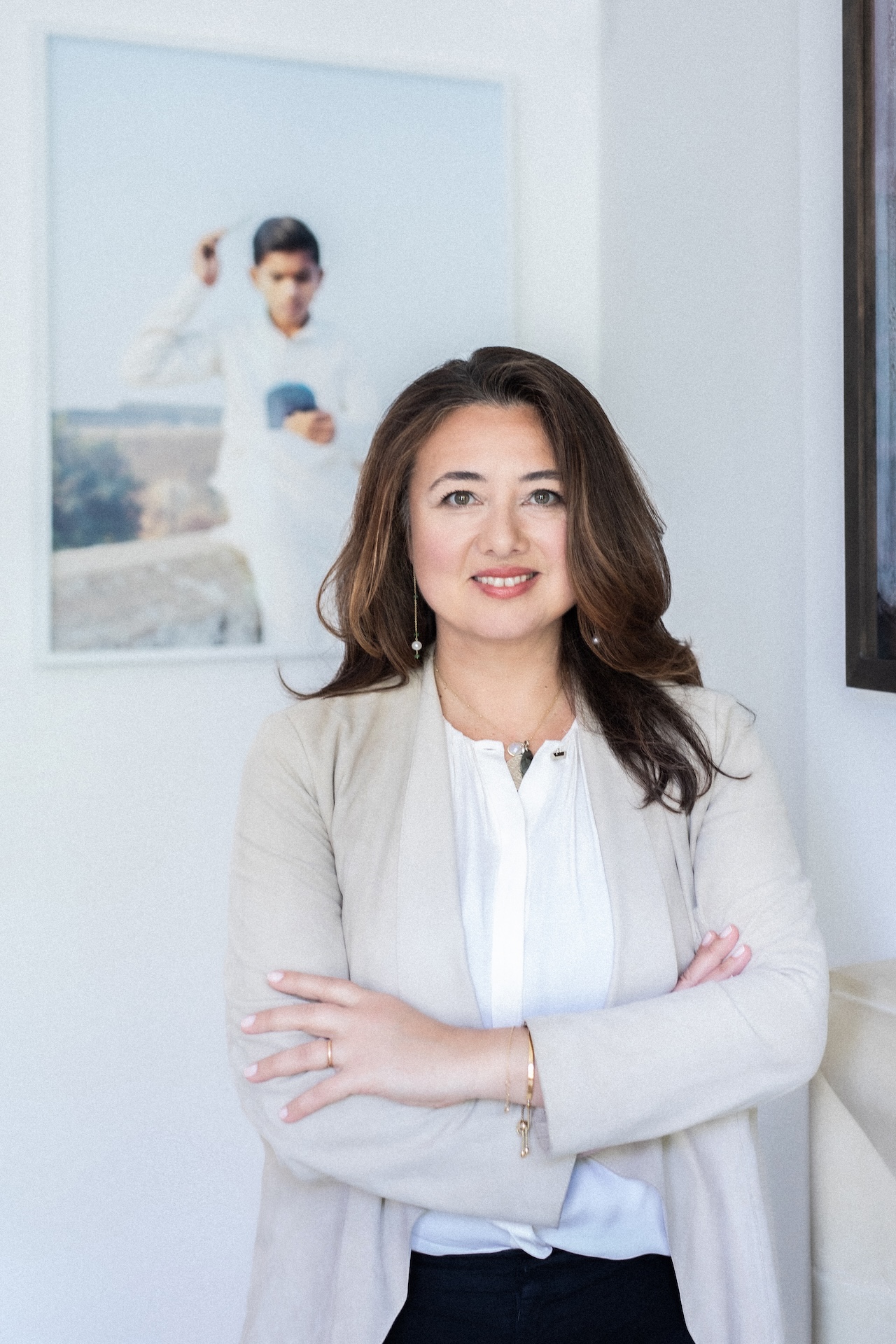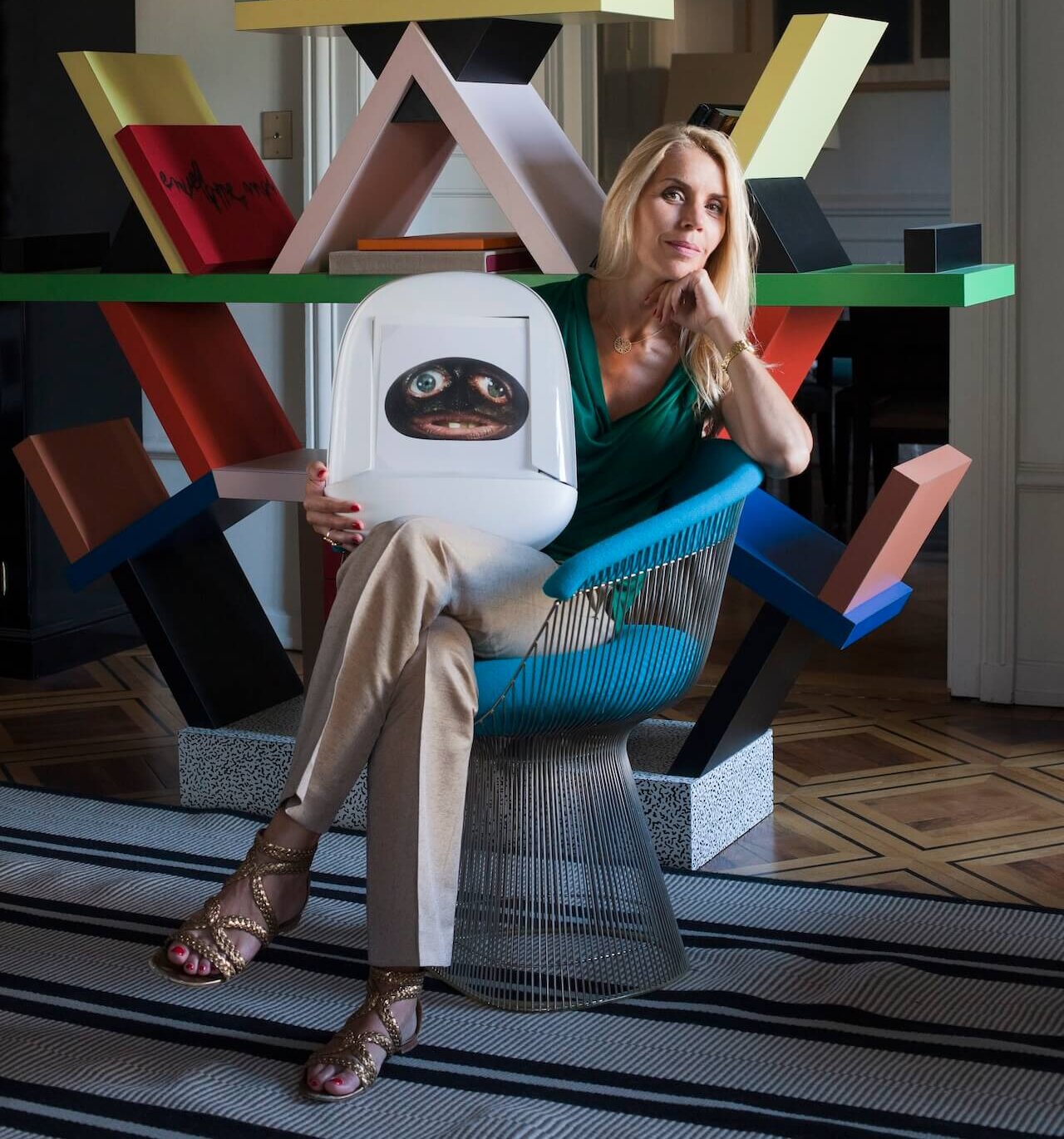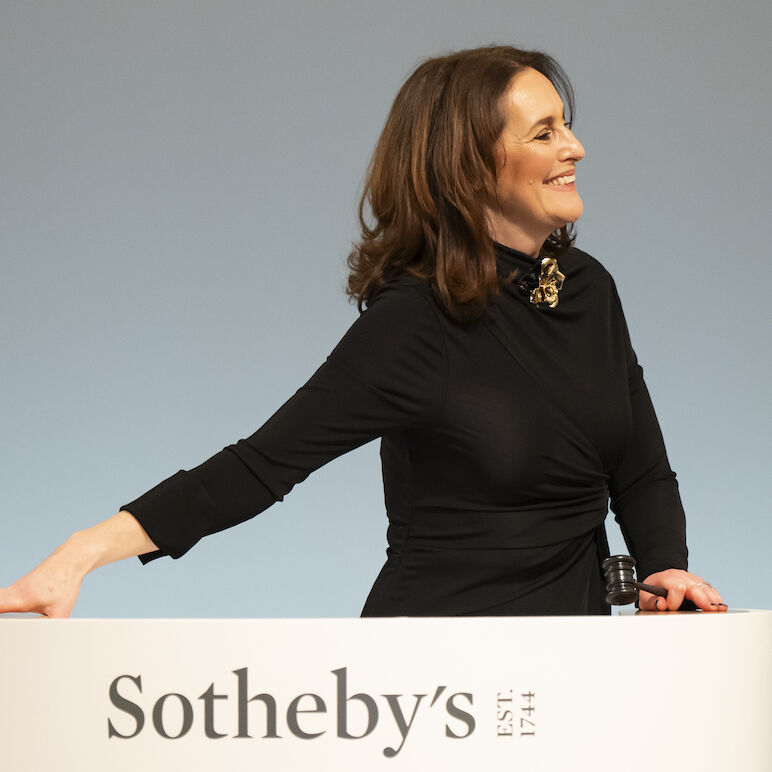

Interview Sotheby’s Europe chairman Helena Newman
In June last year, she was on the rostrum for the sale of Gustav Klimt’s Lady with a Fan, which fetched $104 million – making it the most valuable painting ever sold at auction in Europe. During her time at Sotheby’s, Newman has also been at the forefront of the global expansion of the Impressionist and Modern Art market.
Here, she gives us an insight into how to become a virtuoso auctioneer and power dress on the podium, while giving us a glimpse into the future of the auction house.
THE WICK: Talk us through a typical Monday during auction week
Helena Newman: The excitement begins to build for the auction ahead. It’s the moment when everybody convenes, with colleagues and clients arriving from all over the world. There’s also the buzz of having all the artworks we have been working on for so long finally on view. It’s when the countdown to the sale starts.
TW:
What are your key takeaways from last week’s Modern & Contemporary Evening Auction?
HN:
The market continues to be strong for material that is very fresh. Collectors competed for stunning works by artists such as Signac and Picasso, which had been held in private collections for decades. The room was packed and the blend of material on offer attracted a depth of bidding at all price levels. It was fantastic to see not only the demand for established artists, but also a real excitement for relative newcomers to auction, both for women artists and for those who fall outside the traditional Western art centres.
TW: What is your go-to fashion brand or designer to wear for auction week?
HN:
I traditionally opt for Victoria Beckham when taking our evening sales. Last week, I chose a classic, chic black dress with statement gold jewellery. The Victoria Beckham brand merges classic British luxury with a subtle contemporary flair, and immaculate tailoring – which not only looks good on the rostrum, but also allows for ease of movement when conducting the auction. I often select outfits that reflect the colours of the works in the sales, so black was an unusual departure for me (but one that seems to have gone down well!)
I am also a fan of Roksanda. For my last charity auction, I wore a long, sleeveless blue satin gown by the London-based designer.
TW: What do you hope to achieve in London through auctioneering and how do you see auction houses evolving in future?
HN:
The auctions in London, especially this first major sale of 2024, are often seen as a bellwether of the market. They bring together new and established collectors from all over the world, and allow us to engage with existing clients and build new relationships. London continues to be the second largest marketplace globally after New York and it is certainly the most diverse (we had 41 countries participating in our sale). Today’s collectors are comfortable bidding via a myriad of ways, on the telephone, in the room and online.
I see a very strong future for auction houses. Speaking for ourselves, we strive to be seen as a leader in market transparency, innovation, integrity and trust. For me as an auctioneer, it is most exciting to watch the next generation of talent here take to the rostrum, and see how each person gives their own spin to the centuries-old tradition.
“I always aim to orchestrate the tempo and pace from the particular mind-set of a musician.”
